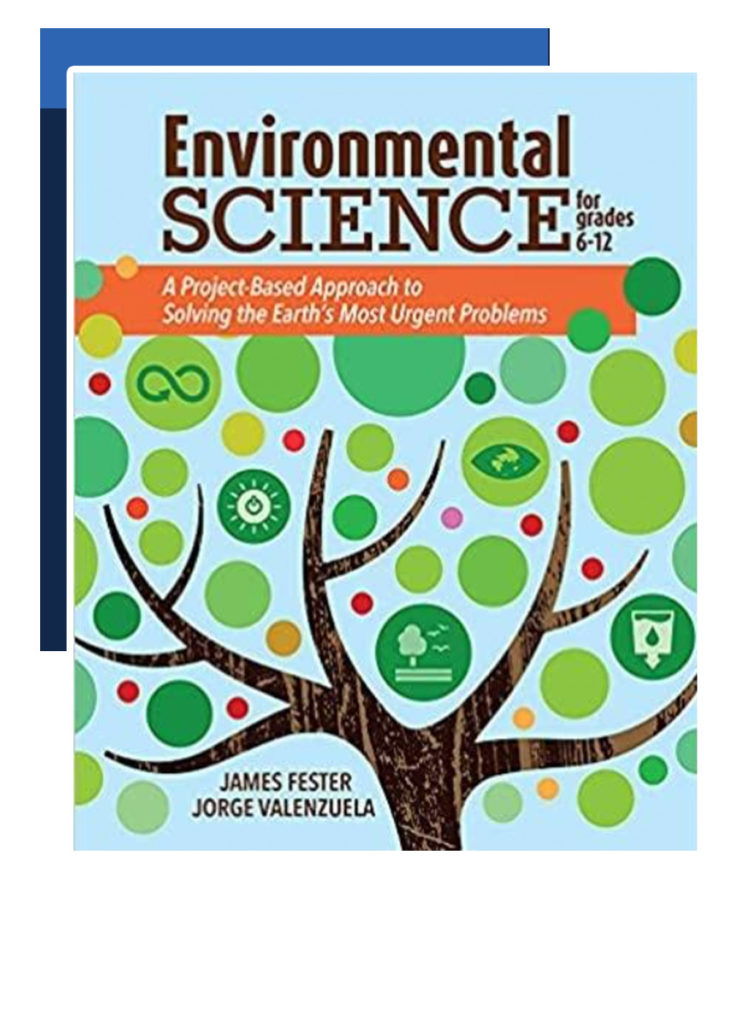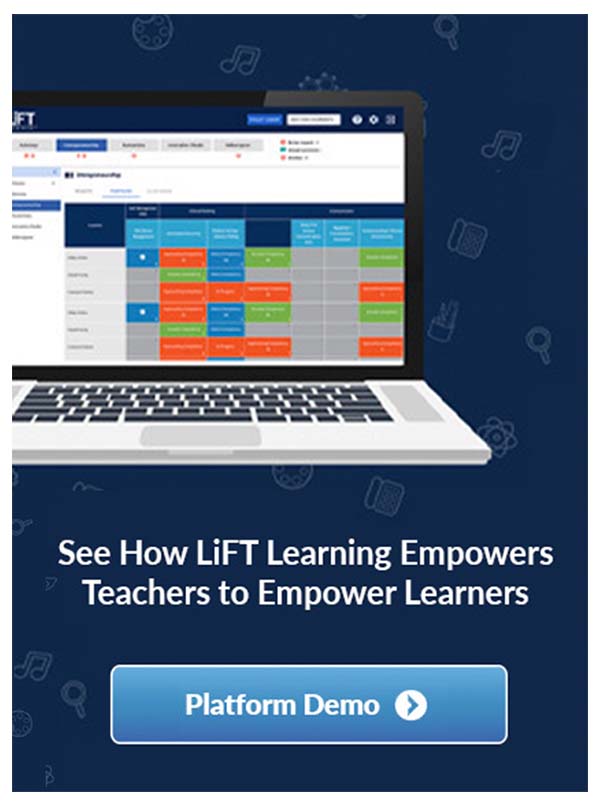Environmental Science for Grades 6-12

A Project-Based Approach to Solving the Earth’s Most Urgent Problems


Environmental science (ES) education is essential in tackling every day hands-on investigations when exploring the solutions to complex environmental problems. ES provides endless opportunities, including the students who have been affected by the recent COVID-19 crisis that has dramatically curtailed student access to ES-focused experiences. The decline in pollution and air quality levels, as well as a recovery of wildlife, have created new avenues for students to connect with the revitalized world through technology and social-emotional learning (SEL) strategies.
Project-based learning (PBL) can be an effective approach to teaching ES to those new to PBL. This book addresses how to incorporate ES into their curriculum whilst getting adequate training. Providing practical guidance for teachers, along with examples of technology-rich, learner-centered student projects covering a range of timely and cross-curricular topics such as endangered animal populations, maintenance of oceans, rebounding of bee populations and urban air quality.
“As we enter into life post-pandemic, this book is a roadmap for teachers wanting to delve into a technology-rich approach to helping students understand and think through some of the most challenging environmental concerns.”
Dr. Marquita Blades
About the Authors:
James Fester is a teacher, educational consultant and instructional coach who helps teachers harness the power of authentic, experiential, technology-infused approaches to classroom instruction. His writing has been featured on well-known educational sites such as Getting Smart, TEDex, and KQED. His recognition as a Google Certified Innovator and a National Geographic Certified Teacher led to the creation of Park Based Learning, a project that encourages teachers to connect learners to national parks and public lands. As a member of PBLWorks National Faculty, Fester has consulted internationally, helping schools and teachers shift to a more student-centered, inquiry-based form of teaching and learning based on the same approach to education he has used as a state and National Park volunteer.


